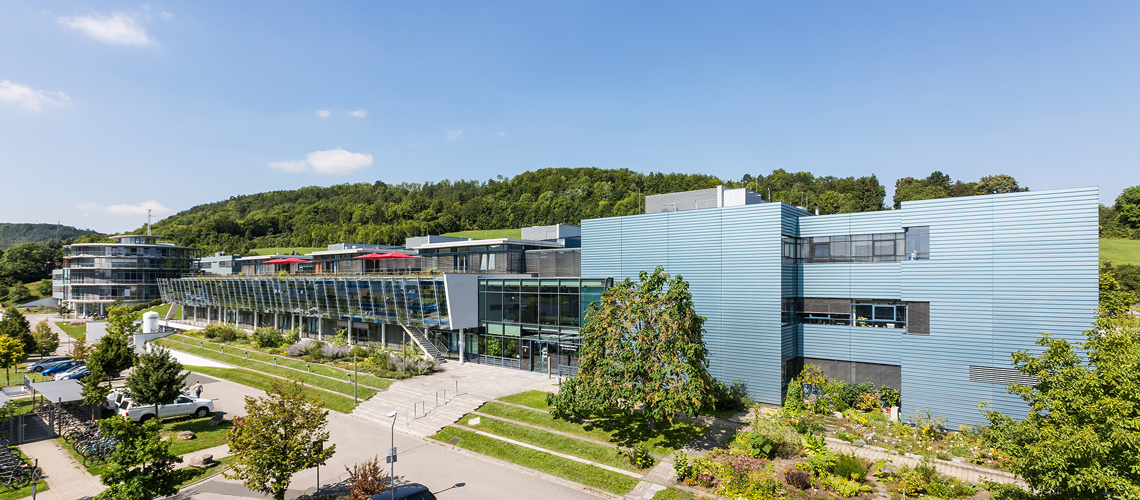
About us
The nano-optics division at the Max Planck Institute for the Science of Light (MPL) aims to advance experimental and theoretical mastery of light-matter interaction at the nanometer scale. Our research portfolio encompasses a wide spectrum of scientific questions, but our current emphasis is on the two main areas of nano-quantum-optics and nano-bio-photonics. We devise measurement strategies that allow us to obtain a quantitative understanding of complex systems in an elegant fashion.
Project description
A large fraction of our research is dedicated towards the label-free detection of biological nanoparticles such as proteins, viruses or extracellular vesicles (EVs). Our lab has pioneered the field of interferometric scattering microscopy (iSCAT) which allows one to track and characterize even single proteins in physiological conditions without the need of a label or chemical modification.
In a project funded by the Federal Ministry of Education and Research (BMBF), we are collaborating with our industrial partner Interherence GmbH to overcome technical limitations of traditional iSCAT approaches. You will be part of our joined efforts and work in close collaboration with an international team of engineers, physicists, biologists and top scientists from other fields. This role offers you the unique combination of working on the edge of current science while your results will have a direct impact on device development helping many researches worldwide to better understand complex interactions of biomolecules.
Your profile
You have built microscopes in your past, you love the nanoscale and ever wondered how proteins do their job? Then this position might be a perfect fit for you. Ideally, you hold a PhD in biophysics, biochemistry, physics or in a related field with a focus on single molecule microscopy.
Furthermore, the following is beneficial
- Lab experience with DNA, vesicles, phosphor lipids, membranes, EVs and proteins.
- Experience with surface chemistry and functionalization.
- Fluent in python and good knowledge about data science related libraries
- Self-organized and disciplined working style
- Excellent communicator and team player
Your tasks
- Development of biophysical assays with and without specific surface chemistry
- Image analysis and extraction of physically relevant features
- Improvement and hands-on development of homemade setups
- Identification of fundamental research areas where label free single molecule detection can help to under-stand nature specifically within chemistry, biology, material sciences and pharma
- Translational collaboration with our industrial partner
- Project coordination, management und reporting
Your application
Apply online on our application portal by 31st August 2023.
The Max Planck Society strives for gender and diversity equality. We welcome applications from all backgrounds. Furthermore, the Max Planck Society is committed to increasing the number of individuals with disabilities in its workforce and therefore encourages applications from such qualified individuals.





